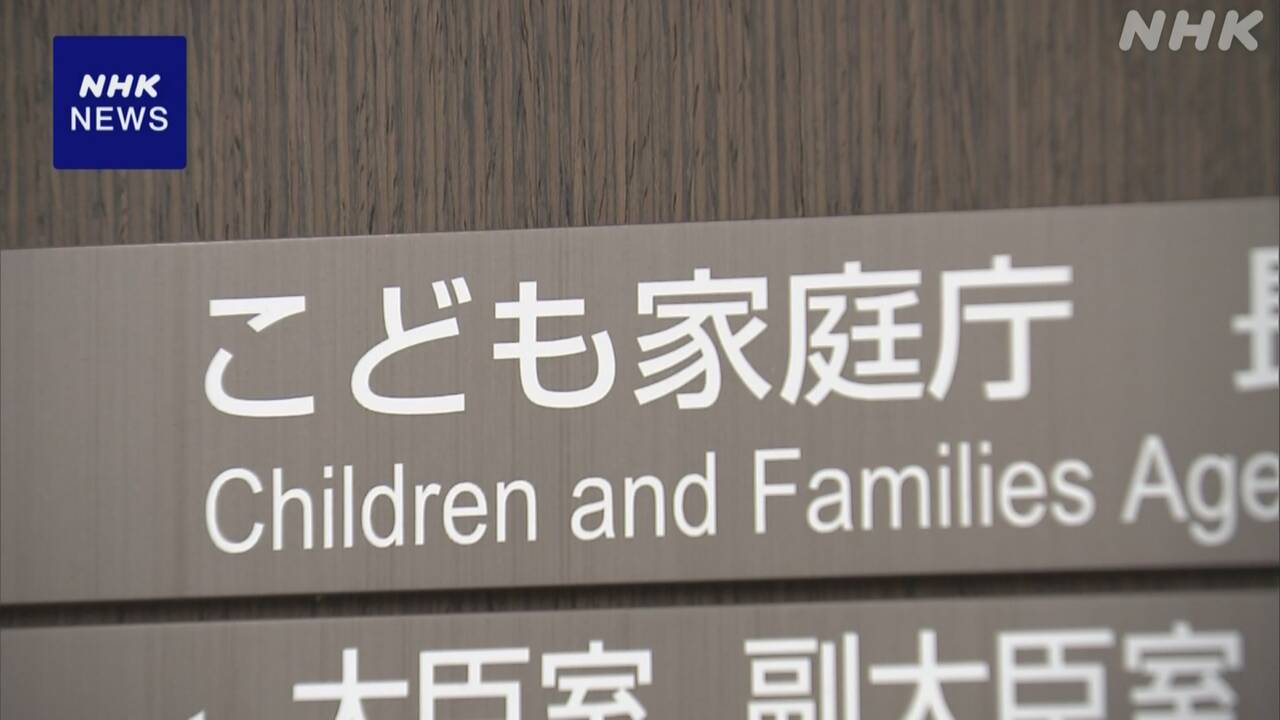In order to understand what kind of support children with serious illnesses such as childhood cancer need during their hospitalization and after discharge, the Children and Families Agency will conduct the first-ever survey in the new fiscal year to directly interview children themselves. We have decided to conduct a nationwide survey.
Children with serious, life-threatening illnesses such as childhood cancer or heart disease are often hospitalized for long periods of time or have to travel long distances to hospitals that can treat them, resulting in restrictions such as not being able to play freely or continue learning. They are forced to live a certain way.
Activities to support the lives and learning of sick children are expanding in various regions, led by private organizations, but it has been pointed out that the issue is that the government does not fully understand what the children who are involved in the disease are looking for. I was there.
For this reason, the Children and Families Agency has decided to conduct its first nationwide survey of children in the new fiscal year to understand what kind of support children need during their fight against illness and after treatment.
The survey is conducted through direct interviews with the children themselves and questionnaires, in order to gain a concrete understanding of what kind of worries and troubles the children have had during their stay in the hospital and in their lives after discharge, as well as what kind of support they need. That's what I mean.
Furthermore, it is estimated that there are 20,000 children with these life-threatening serious illnesses nationwide, but the exact number is unknown, so we will consider ways to get a detailed understanding of how many children are in each region. We are planning to develop a nationwide support system.
High school students who have battled childhood cancer
Regarding a survey being conducted on support for children with serious illnesses, a 16-year-old high school student who has battled childhood cancer said, ``There are things that cannot be conveyed unless you talk about it, so I want to listen to each person's voice.'' I want it,” he said with high hopes.
Yui Ishii, a first-year high school student living in Tokyo, was diagnosed with rhabdomyosarcoma, a type of childhood cancer, when she was in her second year of junior high school.
She says that she felt anxious in various ways during her year-long stay in the hospital, but looking back on that time, she says, ``At the beginning of my stay in the hospital, I felt like I was the only one in a difficult situation and was being left behind. , I couldn't talk about it because I was worried that it would worry my mother and others, so it was painful because I couldn't tell anyone.''
Also, at that time, in-hospital classes were being held online, but if you were not feeling well due to treatment, you had to be absent, and in some subjects you were not able to attend many classes. He said he was particularly anxious about learning.
It has been about a year since he returned to school, but he still cannot catch up with his school lessons and is still worried about whether he will be able to catch up before the university entrance exam. It means they feel they need help supporting them.
Regarding the government conducting a survey to listen to the voices of children with serious illnesses, Yui said, ``I think it is important to listen to the voices of children because they are the ones who are hospitalized or receive treatment. What people think when they see a child and what they think are quite different, and there are things that cannot be conveyed unless you talk about it properly, so I want each child's voice to be heard.''
She went on to say, ``I think it would be easier for the children of those affected if the people around them understood them when they returned to school, kindergarten, or nursery school.'' He expressed his hope that it would spread.

